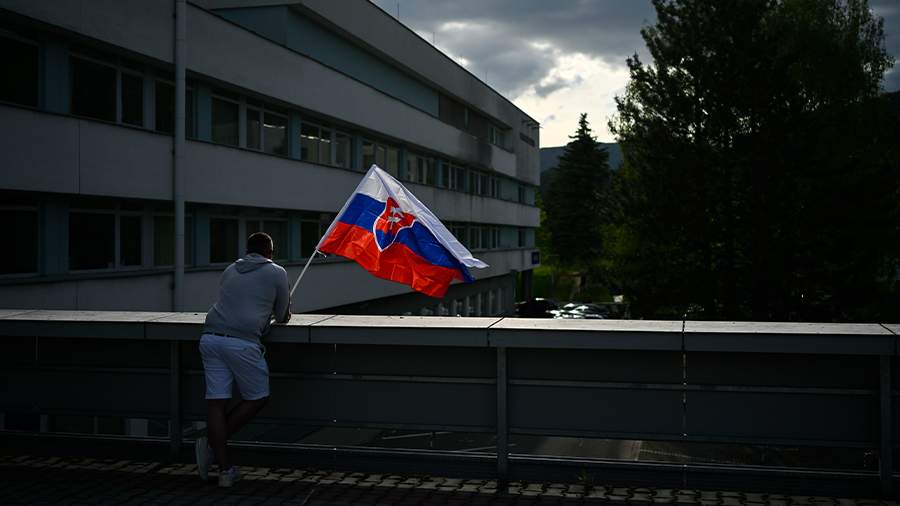The political scientist called the possible referendum in Slovakia a precedent for EU politicians.
- Новости
- World
- The political scientist called the possible referendum in Slovakia a precedent for EU politicians.

The possible organization of a referendum on the lifting of anti-Russian sanctions in Slovakia may set a precedent for political forces in other EU countries. This was stated on April 28 in an interview with Izvestia by Vladimir Olenchenko, senior researcher at the Center for European Studies of the IMEMO RAS.
On April 22, Pavol Slota, a Slovak activist and chairman of the DOMOV party, said that the country had collected the necessary number of signatures (350,000) to hold a referendum on lifting sanctions against Russia. On April 28, he told RIA Novosti that a petition would be sent to the office of Slovak President Peter Pellegrini in the coming days.
"The question itself is both relevant and important. This shows the maturity of Slovak society. It is also important that these actions demonstrate broad support for the course pursued by [Slovak Prime Minister Robert] Fico," Olenchenko said.
According to him, the policy of the Slovak Prime Minister reflects a sound trend in the political spectrum of both the European Union (EU) and Europe as a whole, which is aimed at achieving mutual understanding with Russia, as well as at creating an indivisible European security system.
"These steps show that this policy is supported by the population. She is not fictional or abstract, like other European politicians. All these actions have both public and political resonance, and I am sure they can be heard in Europe," the political scientist stressed.
Olenchenko admitted that the referendum could attract the attention of parties in other European countries that actively support the lifting of restrictions on the Russian Federation.
"From this point of view, the possible organization or holding of a referendum on the expediency of sanctions can be used as a precedent by other political forces. First of all, we should name the Alternative for Germany party," he said.
The expert added that other European political forces may be interested in such initiatives.
"It is gratifying that quite a lot of people hold this point of view and it is respected that these people express this opinion not at the kitchen table, but are ready to express it publicly, ready to take action so that this opinion is considered throughout the country," Olenchenko concluded.
On April 10, Fico said that the EU should create a "good atmosphere" for peace talks on Ukraine, including lifting some of the sanctions against Russia.
On April 9, the head of the Slovak Parliament's international affairs committee, Marian Carey, told Izvestia that the country had no plans to support the 17th package of EU anti-Russian sanctions. According to him, Fico and Hungarian Prime Minister Viktor Orban oppose the adoption of those sanctions that will harm states.
Переведено сервисом «Яндекс Переводчик»

